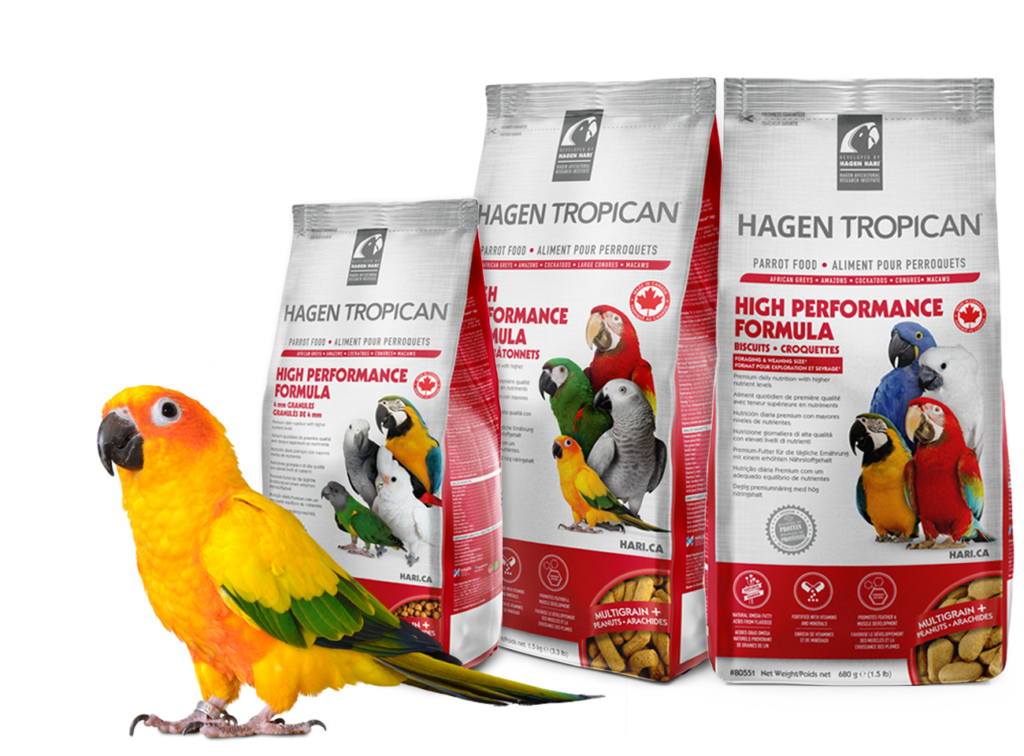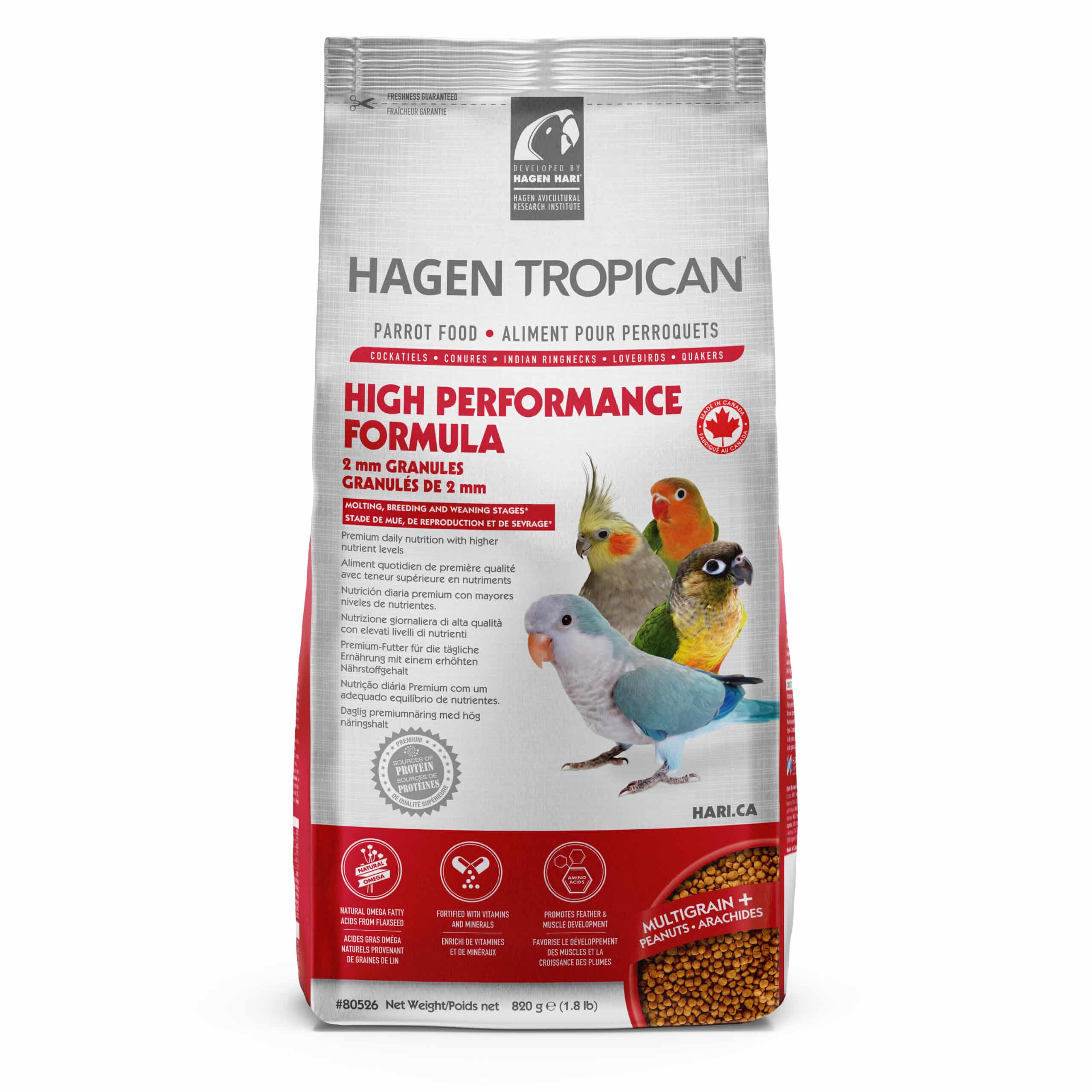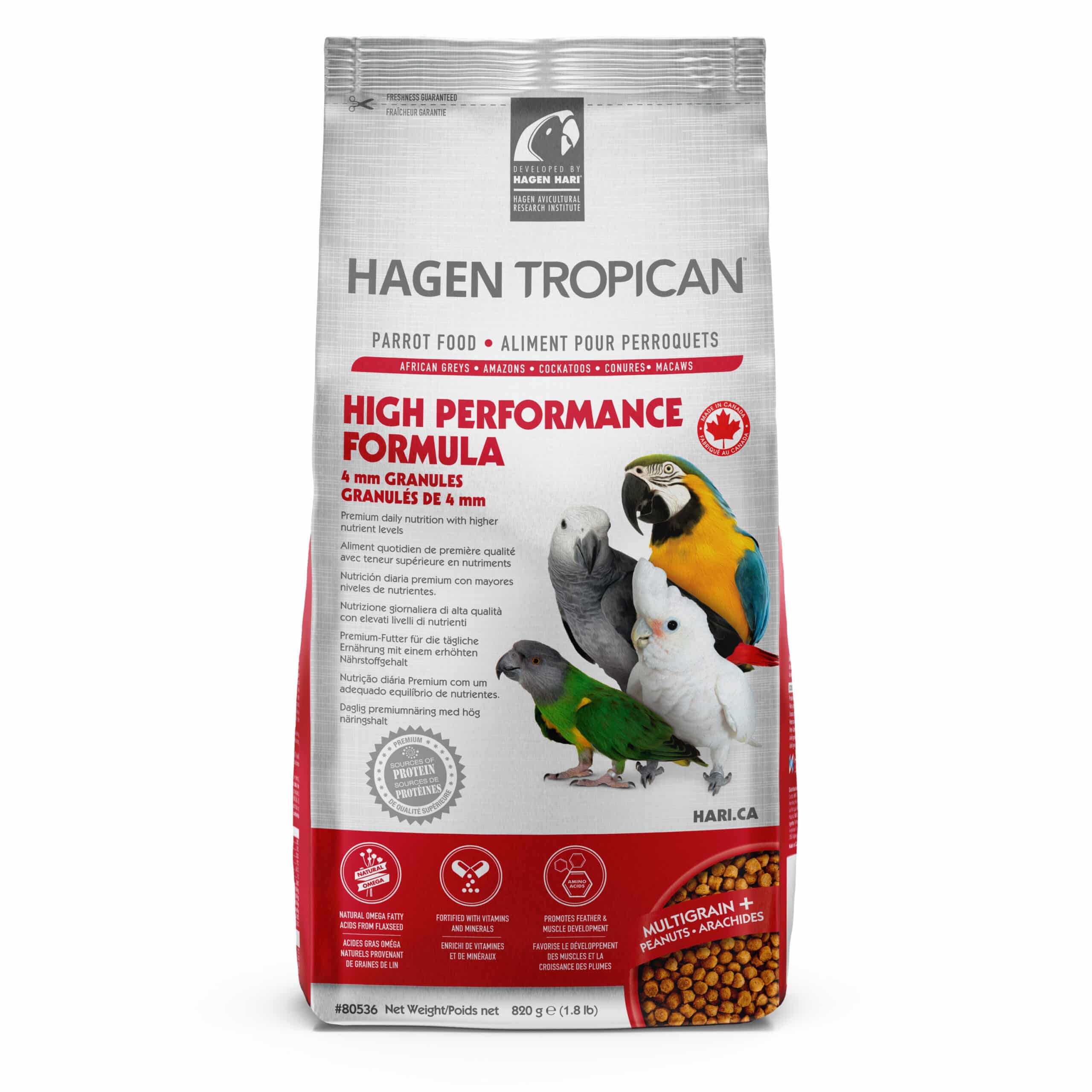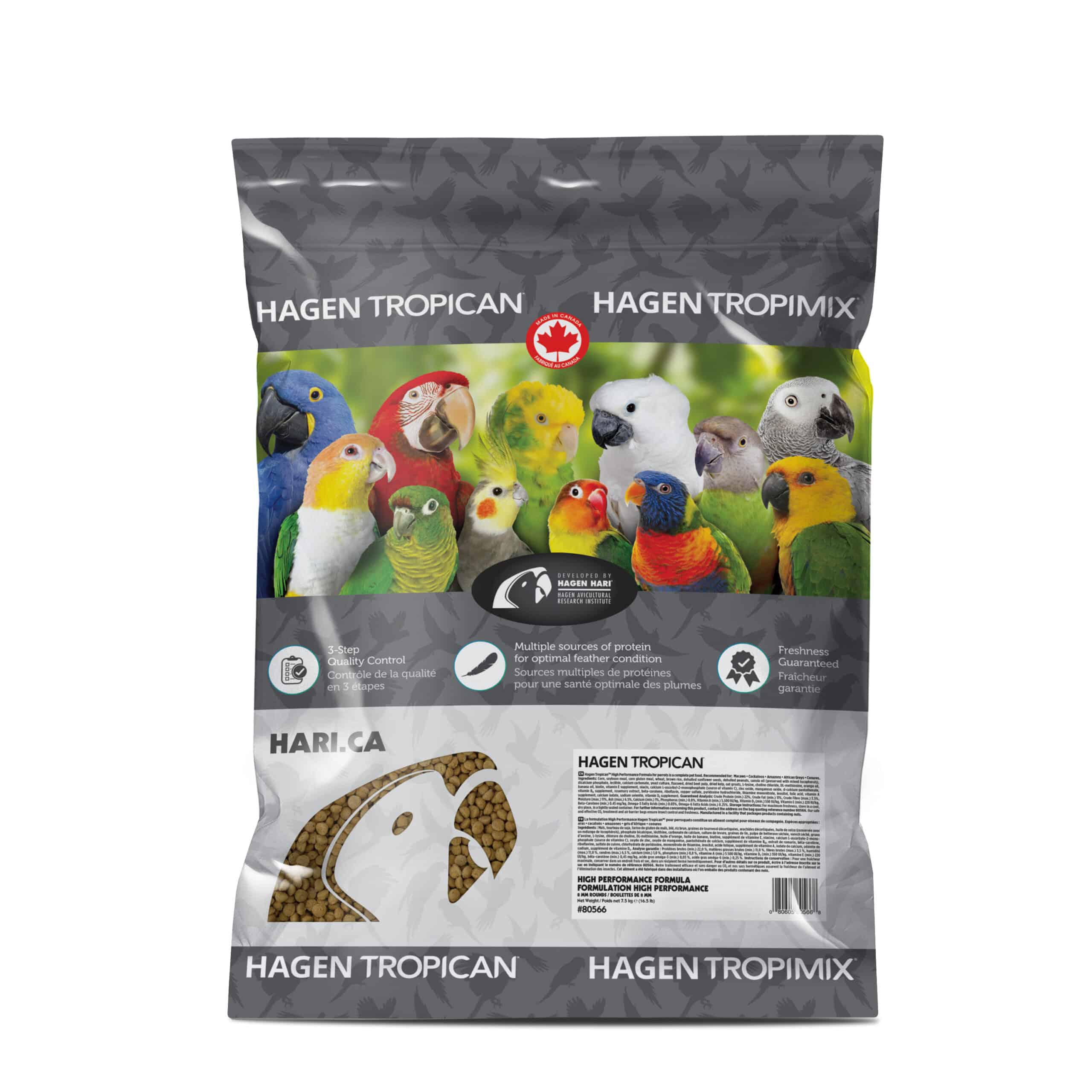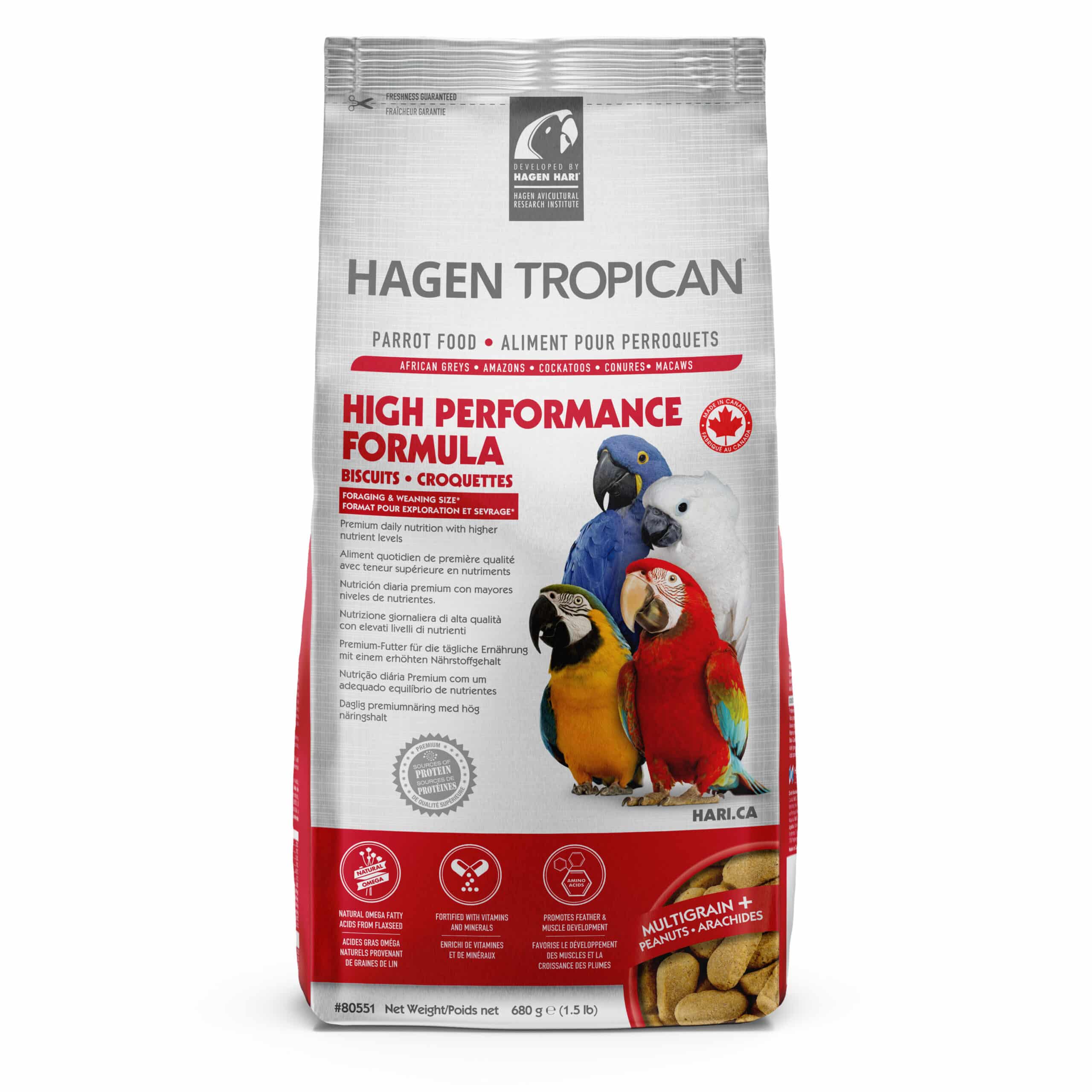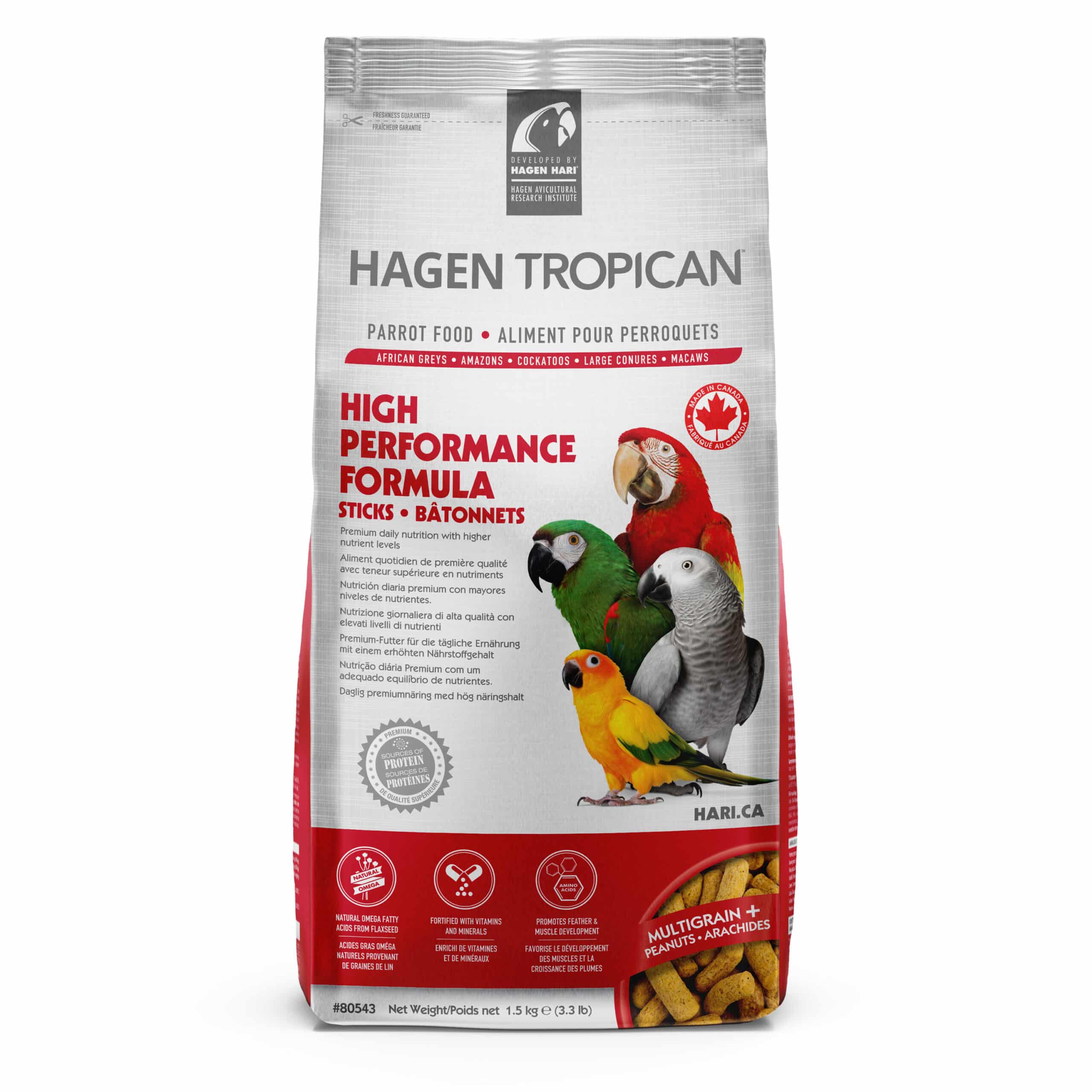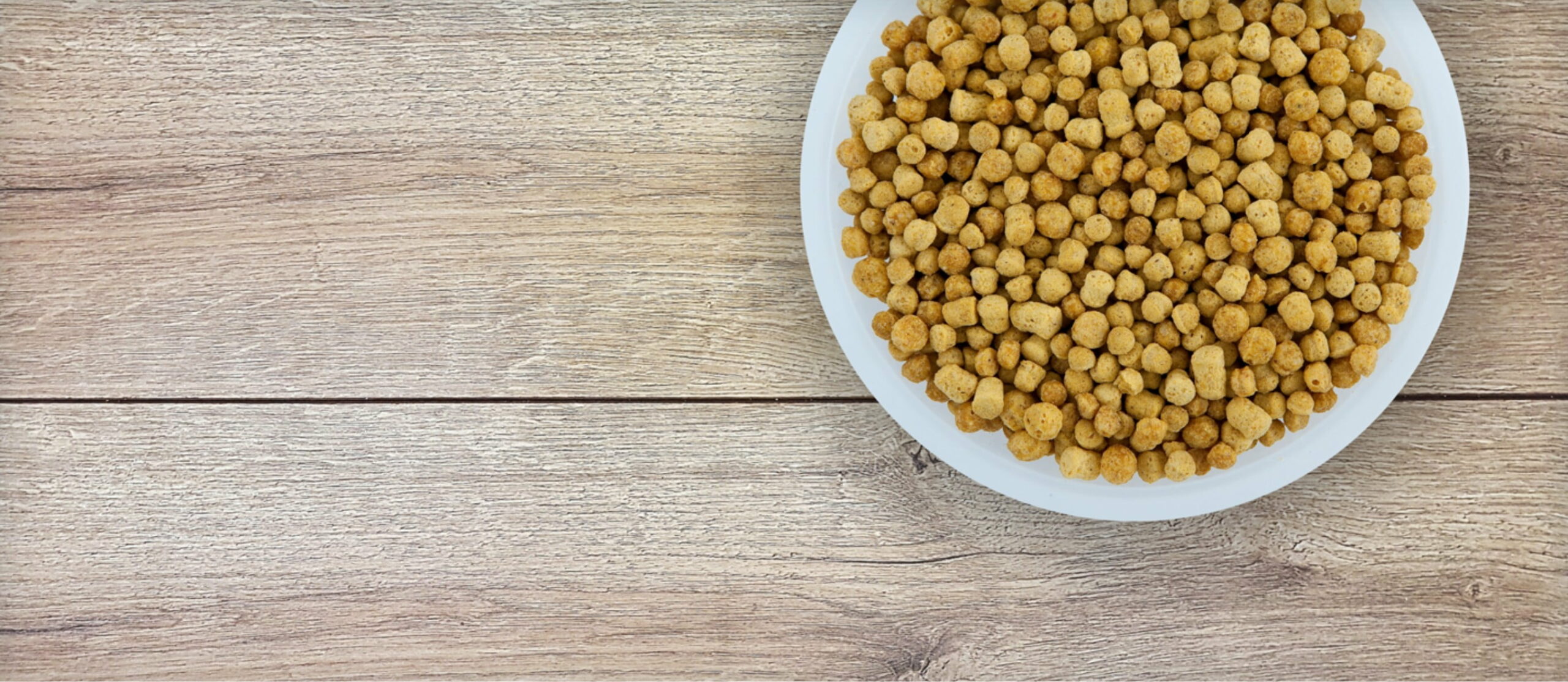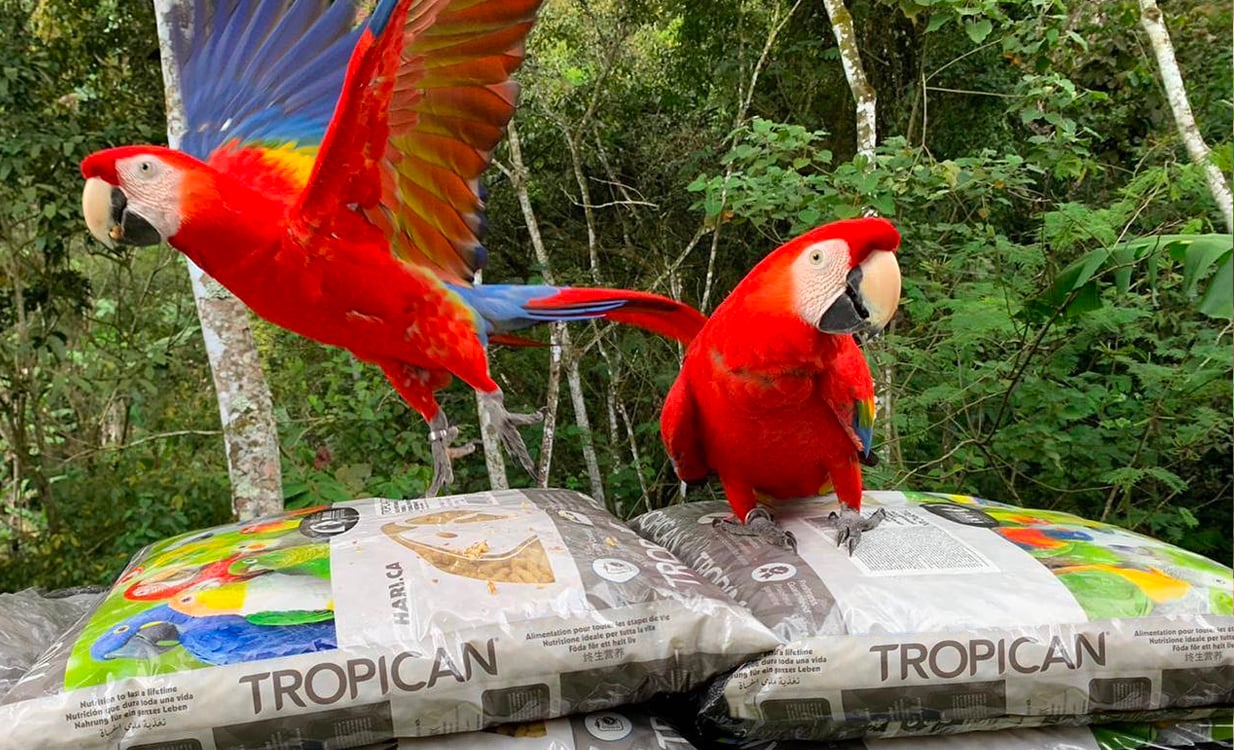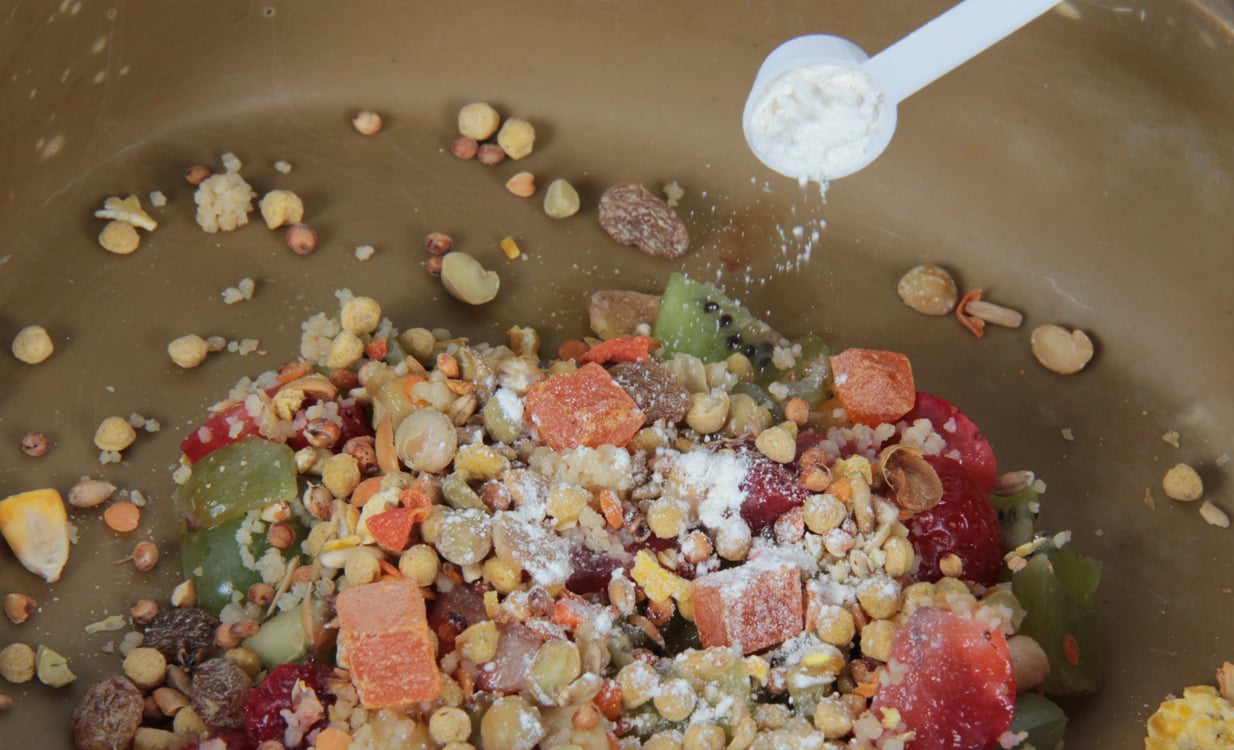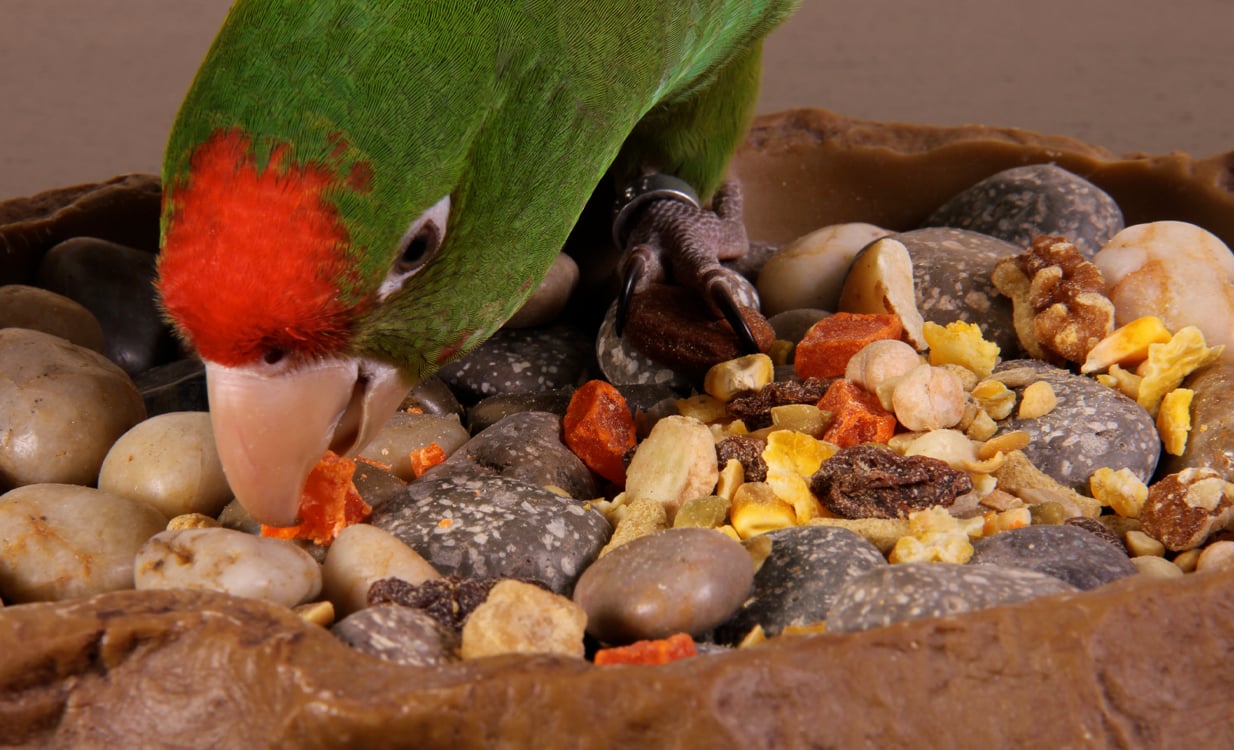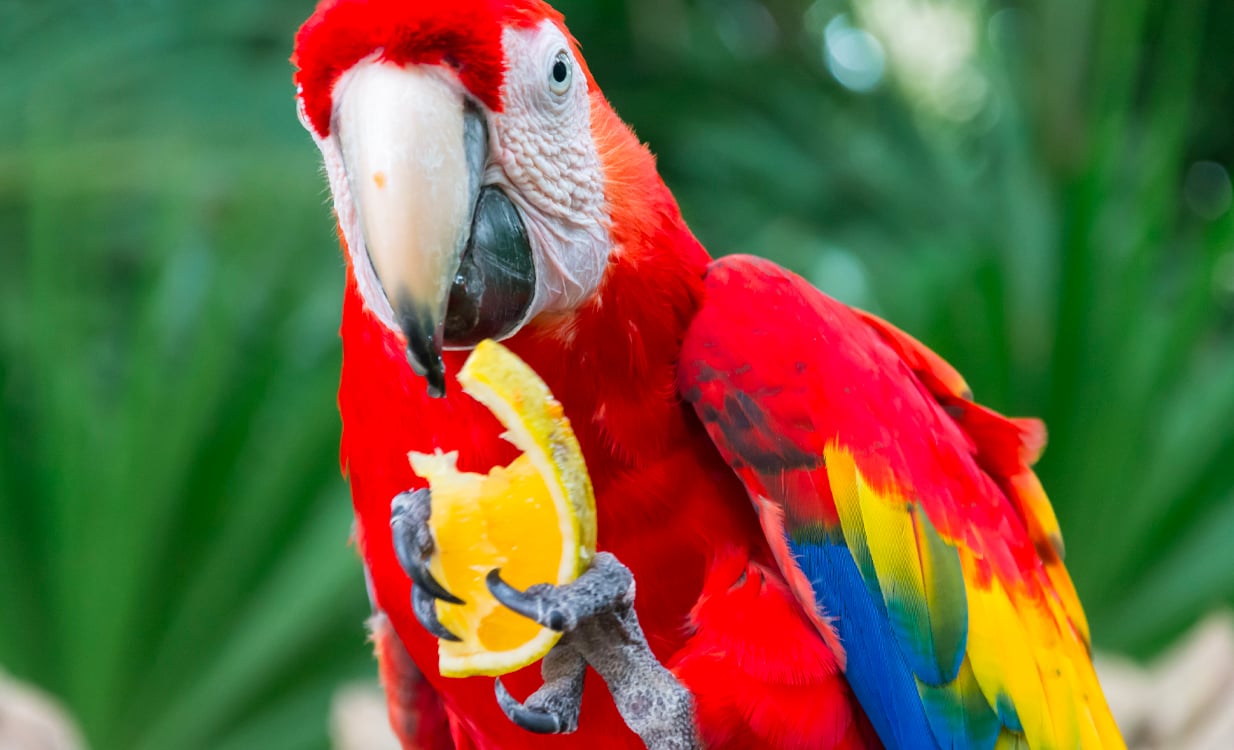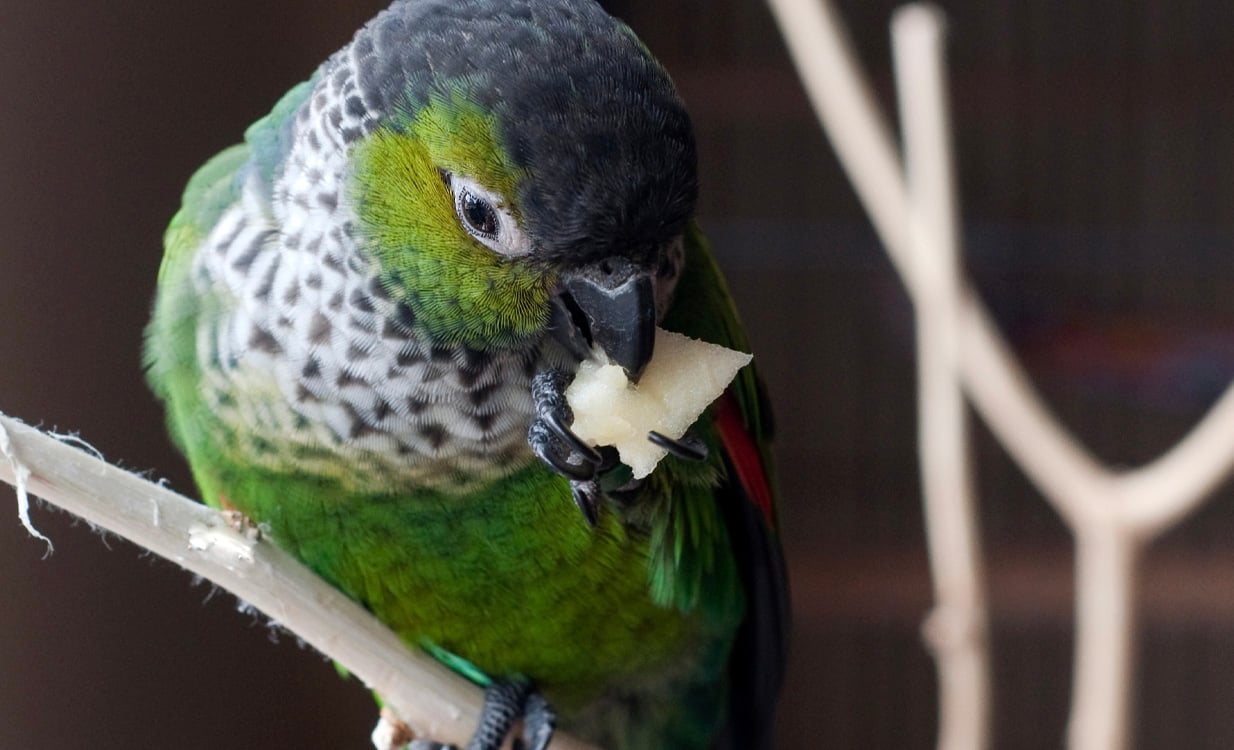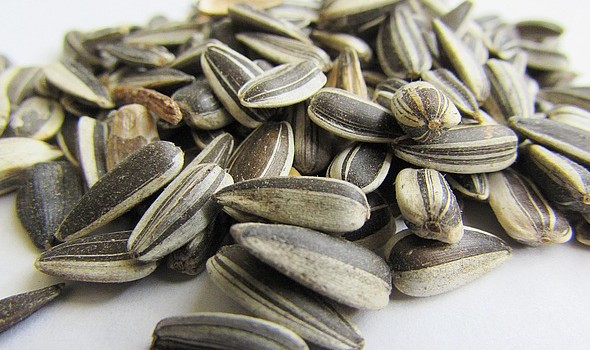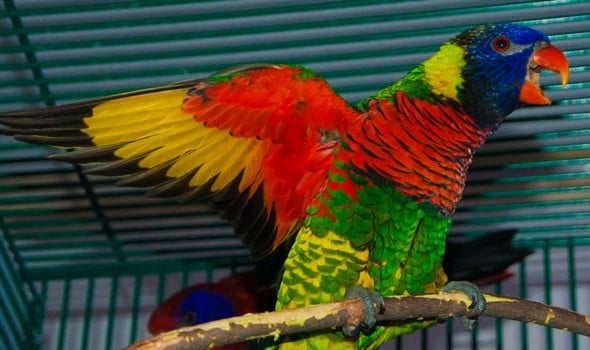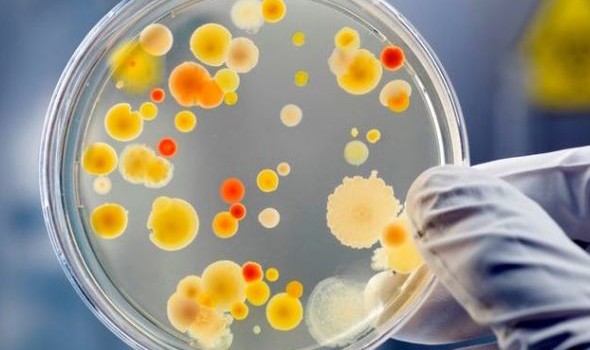Your cart is currently empty!
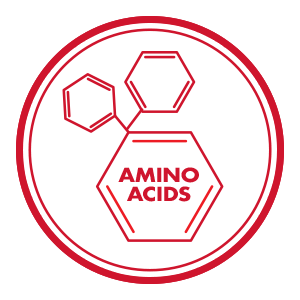
Promotes Feather and Muscle Development
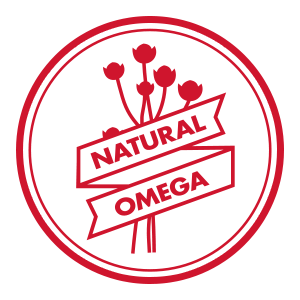
Natural Omega Fatty Acids from Flaxseed

Fortified with Vitamins and Minerals
Available Products
Keep Learning
Tropican High Performance
A Premium Multi-grain and Peanut Parrot Food
with Higher Nutrient Levels
What Makes Tropican High Performance Parrot Food Unique?
Tropican High Performance Parrot food stands out from other products for a variety of reasons. One of the most significant differences is our high-fat content. We found that when fed, other branded parrot foods led to wet, malodorous droppings in pet birds. These products are essentially rebranded farm pellets that are likely formulated for poultry feed (they even look like chicken feed). They have minimal levels of essential amino and fatty acids.
Our research has shown that increasing the caloric density of our formula with more fat means that birds consume less food and water. Our High Performance diet guarantees a minimum of 11% fat, which is twice the amount found in other pellets. The HARI flock hasn’t experienced any problems with obesity, and we haven’t had any skinny birds either. Conversely, breeders who rely on diets with lower fat levels report that African Greys and Cockatoos are thin unless they supplement these pellets with oil seeds like sunflower. A pellet that requires supplemental oil seeds or fruits can hardly be considered complete.
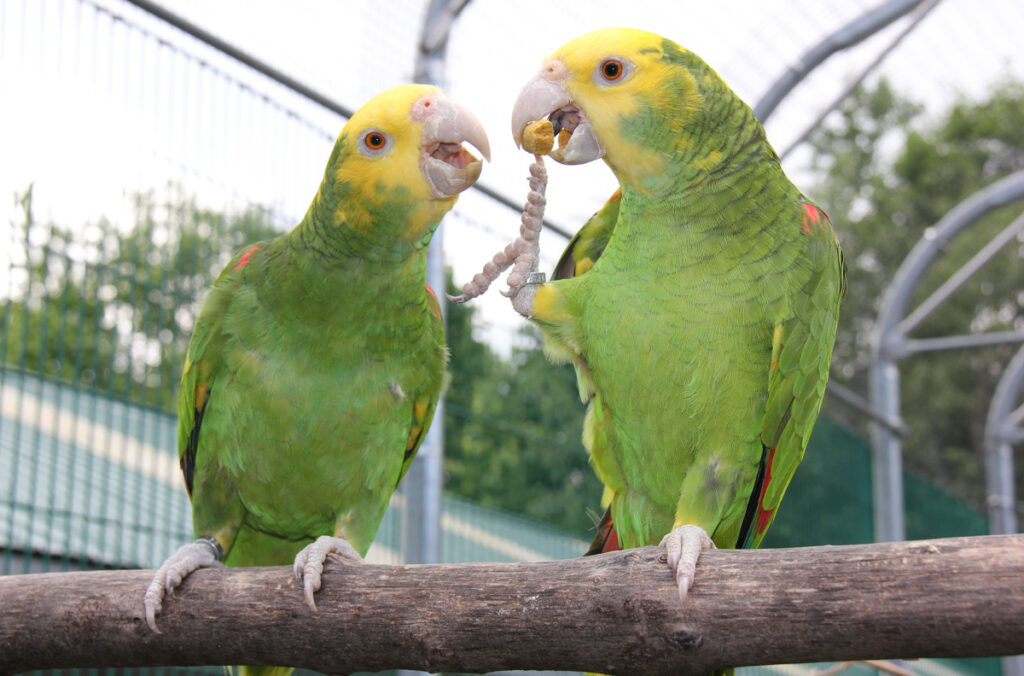
Understanding Protein Levels in High Performance
All animals, including birds, eat to balance their energy needs. Comparing the protein and dietary energy content of Tropican High Performance Parrot food with other bird food shows that the levels are similar. However, the protein percentage in the diets differs, and so does the available energy level. Since Tropican Parrot food has a higher caloric density, birds eat less of it. This means that the bird’s protein intake is lower due to the higher fat content, which also reduces the amount of protein the bird must use for energy. Additionally, the breakdown of protein to use as an energy source can be stressful for birds, as the uric acid by-product must be excreted by the kidney. Luckily, metabolic water, a by-product of fat metabolism, reduces water intake in birds.
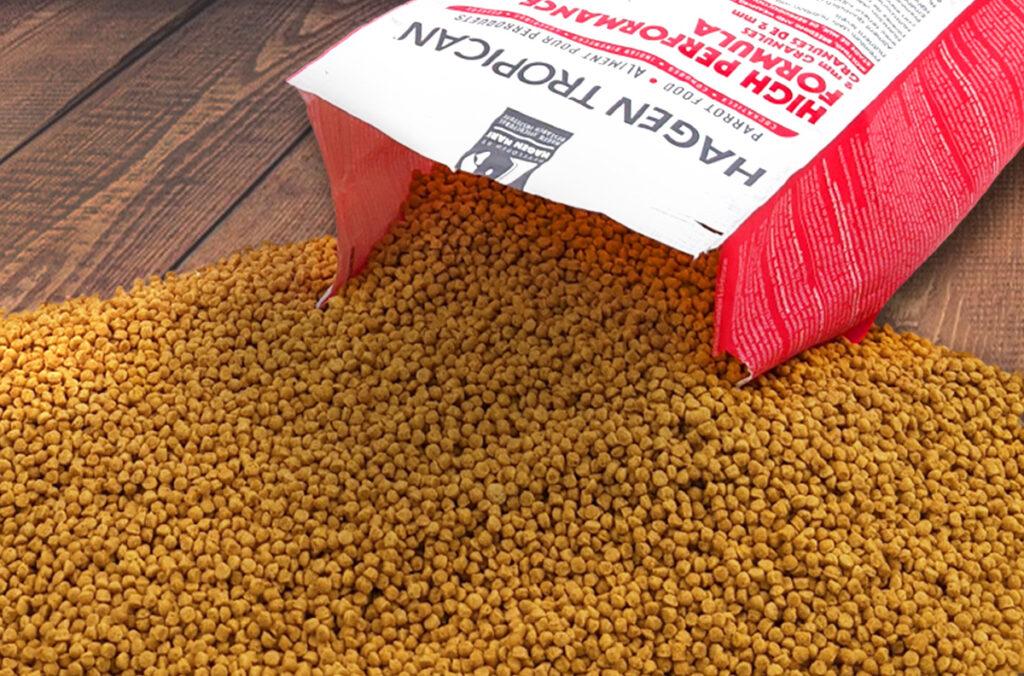
Enhance Your Parrot’s Diet with Tropican Bird Food
Did you know that parrots have more taste buds than chickens do? So why do many bird diets on the market look and taste like chicken feed? That’s where Tropican High Performance comes in – it offers superior taste and palatability that parrots crave.
Tropican’s blend of eight multigrains and human-grade peanuts make for a delicious and nutritious meal that parrots will love. Unlike farm pellets, Tropican’s granules break cleanly and don’t crumble into fine powder, resulting in significantly less wastage.
For bird owners who struggle to provide their feathered friends with a uniform, formulated diet, Tropican’s generous levels of important nutrients allow for enrichment by the addition of fruits and vegetables (generally around 30% of the total quantity of food). Plus, Tropican’s hard, dense morsels make for an enjoyable biting experience, ensuring even fussy eaters receive a balanced diet. With incorporated vitamins and minerals, Tropican eliminates the need for additional vitamin supplements.

Did You Know?
High Performance Formula for Parrots…
- Is a natural transition from Tropican Hand-Feeding Formula
- Has no artificial preservatives, colors and flavors
- Provides a balanced diet that is fortified with vitamins and minerals, eliminating the need for additional supplements
- Contains a blend of multi-grains with peanuts that provides high palatability and makes converting from an all-seed diet easier
- Contains natural omega fatty acids from flaxseed
- Encourages natural foraging
- Goes through 3-step quality control measures and live feeding trials at the HARI facility
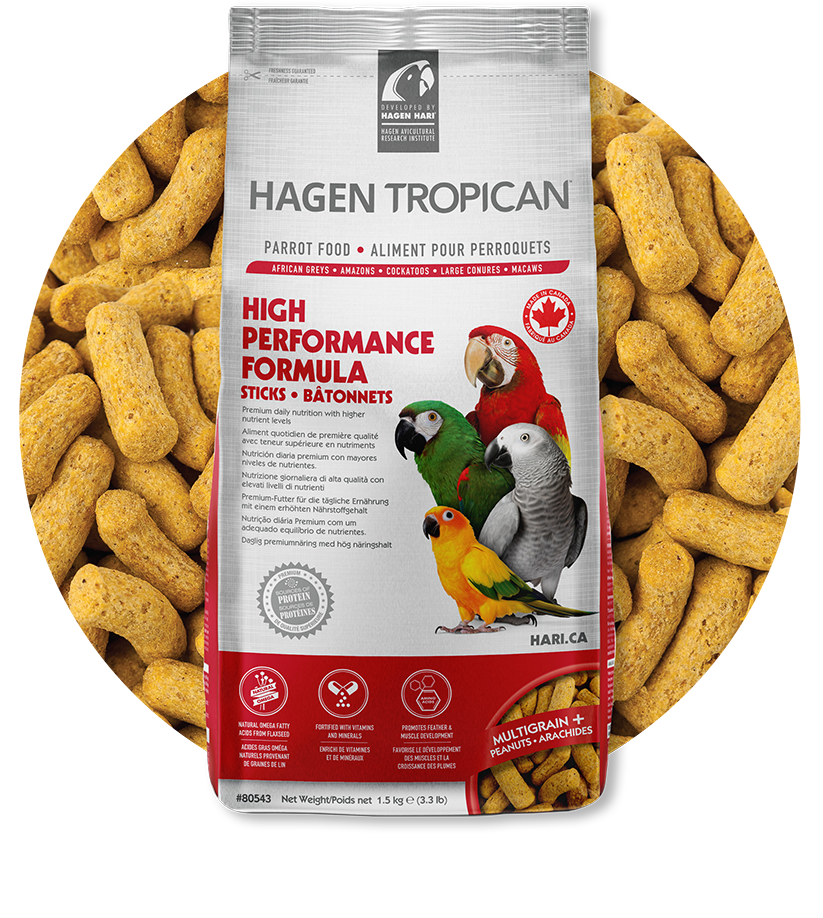
- Contains balanced calcium and vitamin D for proper egg formation, parent rearing and bone health
- Contains an essential amino acid combination to promote optimal growth and feather development
- Is rich in essential nutrients needed for feather growth and to ensure easier moulting
- Comes in a variety of sizes and shapes for different species
- Extruded kibble for increased palatability, better digestibility and less fines than pellets
- Provides a higher caloric value and is heartier for outdoor flighted aviaries or physically active birds requiring higher protein and fat
Specifications
Meet your parrot’s nutritional needs with Tropican High Performance Formula – an ideal food for young, weaning and fledgling birds, those requiring higher protein and fat, breeding parrots, moulting birds, those in flighted aviaries, or those undergoing a diet conversion from a seed-based diet.
COCKATIELS • LOVEBIRDS • SMALL CONURES • QUAKERS • CONURES • CAIQUES • PIONUS • AMAZONS• MACAWS • COCKATOOS • AFRICAN GREYS • SENEGALS
To ensure that your bird is receiving the necessary nutrients, feed it Tropican food every day in a clean food dish, taking into account the bird’s actual needs and spillage. Provide a fresh, clean supply of water daily.
It’s important to note that Tropican food is intended to be your bird’s primary diet. While fresh fruits, vegetables, and other treats are excellent sources of enrichment, limit them to 30% of your bird’s total diet. When used as directed, no additional vitamin or mineral supplements are necessary. For more information visit our feeding recommendations guide.
When introducing a new food, gradually mix it with the “old” food, by switching in 20% every week with current food. This will help prevent digestive upset and allow your bird to adjust to the new food. To keep things hygienic, discard any uneaten portions and clean the food dish before the next feeding.
Corn, soybean meal, corn gluten meal, wheat, brown rice, dehulled sunflower seeds, dehulled peanuts, canola oil (preserved with mixed tocopherols), dicalcium phosphate, lecithin, calcium carbonate, yeast culture, flaxseed, dried beet pulp, dried kelp, oat groats, L-lysine, choline chloride, DL-methionine, orange oil, banana oil, biotin, vitamin E supplement, niacin, calcium L-ascorbyl-2-monophosphate (source of vitamin C), zinc oxide, manganous oxide, d-calcium pantothenate, vitamin B₁₂ supplement, rosemary extract, beta-carotene, riboflavin, copper sulfate, pyridoxine hydrochloride, thiamine mononitrate, inositol, folic acid, vitamin A supplement, calcium iodate, sodium selenite, vitamin D₃ supplement.
Where does the fruity aroma come from?
The delightful fruity fragrance in our product comes from the addition of natural fruit oils such as banana and orange oil. Just before packaging, herbal antioxidants and tocopherols (Vitamin E) are mixed in to preserve freshness. This natural aroma will gradually fade over time after opening, unlike artificial flavors.
Crude Protein (min.) 22%, Crude Fat (min.) 11%, Crude Fibre (max.) 3.5%, Moisture (max.) 11%, Ash (max.) 6.5%, Calcium (min.) 1%, Phosphorus (min.) 0.8%, Iron (max.) 90 mg/kg, Vitamin A (min.) 5,500 IU/kg, Vitamin D₃ (min.) 550 IU/kg, Vitamin E (min.) 220 IU/kg, Beta-Carotene (min.) 0.45 mg/kg, Omega-3 Fatty Acids (min.) 0.03%, Omega-6 Fatty Acids (min.) 0.25%.
Percentage of a whole: Aspartic Acid 1.97%, Threonine 0.84%, Serine 1.16%, Glutamic Acid 4.17%, Proline 1.52%, Glycine 0.87%, Alanine 1.31%, Cystine 0.33%, Valine 1.07%, Methionine 0.41%, Isoleucine 0.92%, Leucine 2.2%, Tyrosine 1%, Phenylalanine 1.14%, Lysine 1.09%, Histidine 0.59%, Arginine 1.35%, Tryptophan 0.2%.
Per 100 Grams of Protein: Aspartic Acid 8.87%, Threonine 3.78%, Serine 5.23%, Glutamic Acid 18.78%, Proline 6.85%, Glycine 3.92%, Alanine 5.9%, Cystine 1.49%, Valine 4.82%, Methionine1.85%, Isoleucine 4.14%, Leucine 9.91%, Tyrosine 4.5%, Phenylalanine 5.14%, Lysine 4.91%, Histidine 2.66%, Arginine 6.08%, Tryptophan 0.9%.
Per 1000 kcal: Aspartic Acid 0.56%, Threonine 0.24%, Serine 0.33%, Glutamic Acid 1.18%, Proline 0.43%, Glycine 0.25%, Alanine 0.37%, Cystine 0.09%, Valine 0.3%, Methionine 0.12%, Isoleucine 0.26%, Leucine 0.62%, Tyrosine 0.28%, Phenylalanine 0.32%, Lysine 0.31%, Histidine 0.17%, Arginine 0.38%, Tryptophan 0.06%.
3,539 kcal/kg (Calculated ME)
When planning your purchase be sure to select from the following morsel variations according to your bird species.
2 mm Granule: COCKATIELS • LOVEBIRDS • SMALL CONURES • QUAKERS
4 mm Granule: CONURES • CAIQUES • QUAKERS • PIONUS • AMAZONS• MACAWS • COCKATOOS • AFRICAN GREYS
8 mm Rounds: CONURES • CAIQUES • QUAKERS • PIONUS • AMAZONS• MACAWS • COCKATOOS • AFRICAN GREYS
Sticks: CONURES • SENEGALS • PIONUS • AMAZONS • AFRICAN GREYS • COCKATOOS • MACAWS
Biscuits: MACAWS • COCKATOOS • AMAZONS • AFRICAN GREYS • CONURES
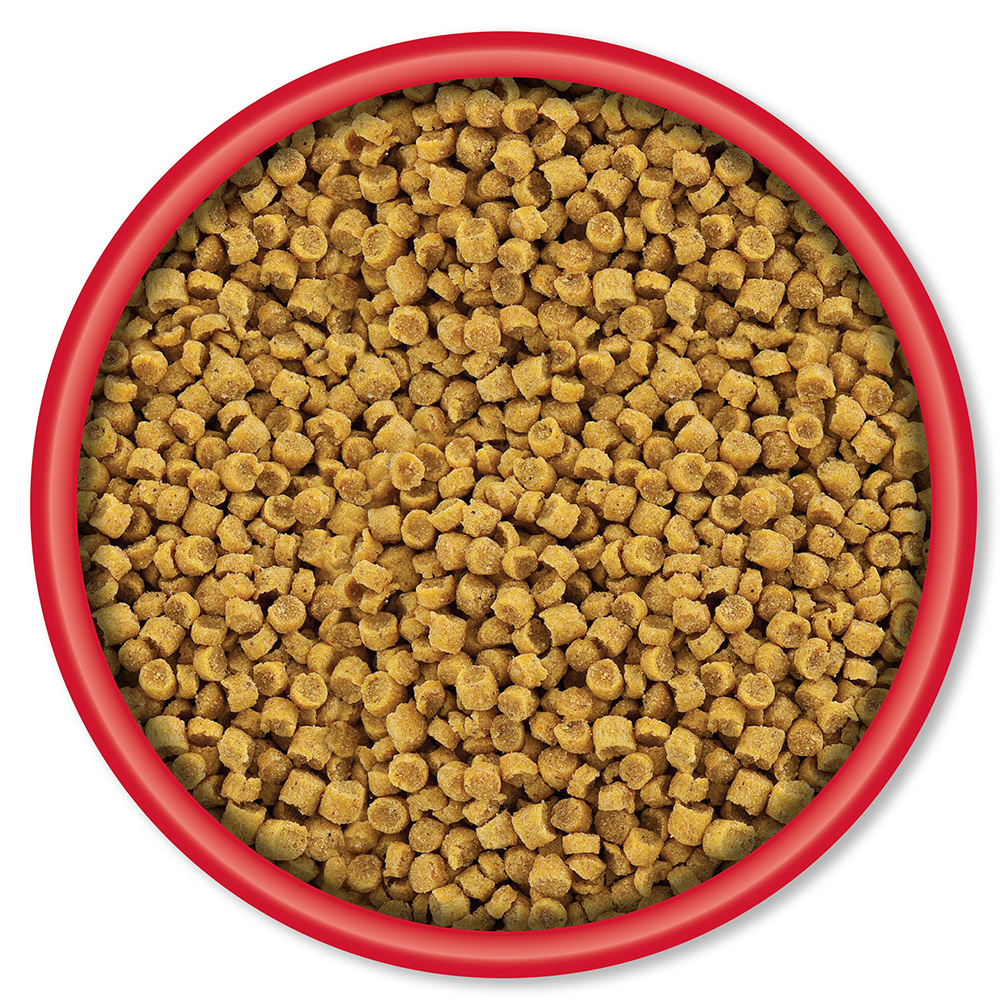
2 mm Granules
80526 – 820 g (1.8 lb)
80518 – 11.34 kg (25 lb)
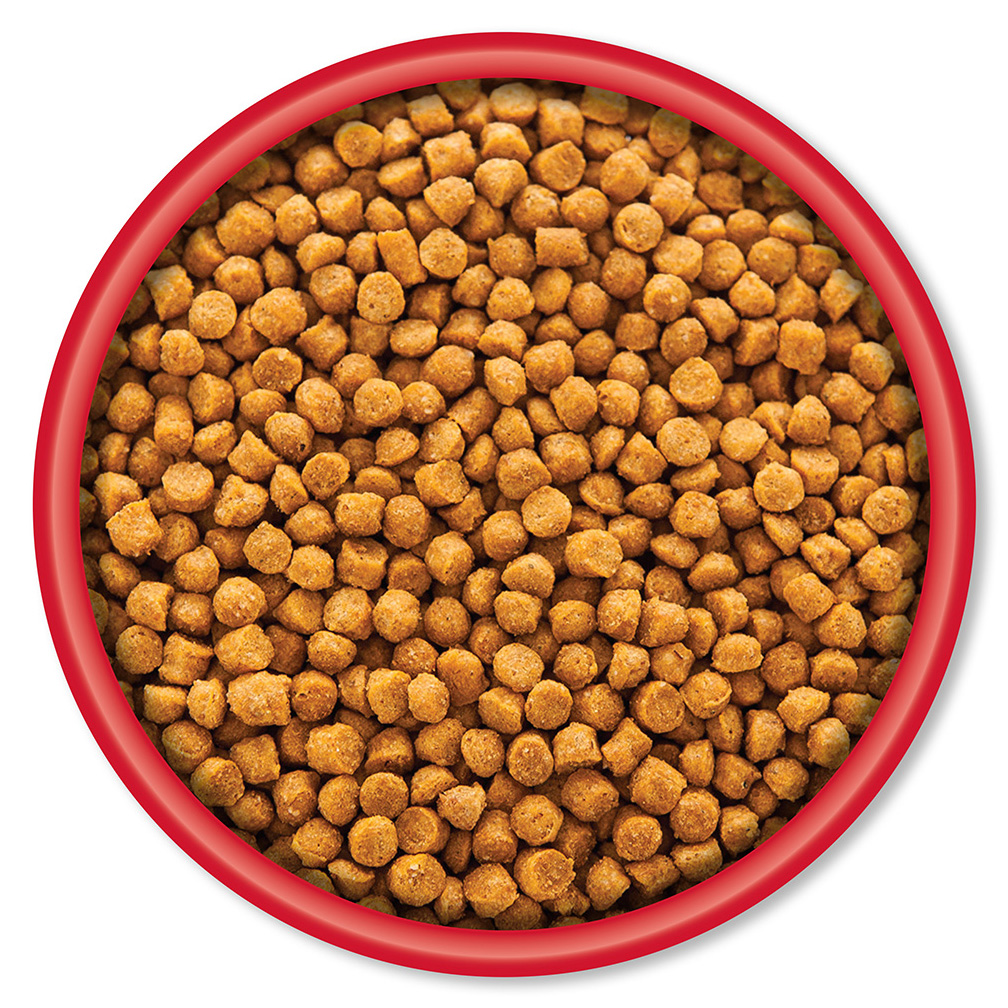
4 mm Granules
80536 – 820 g (1.8 lb)
80553 – 11.34 kg (25 lb)
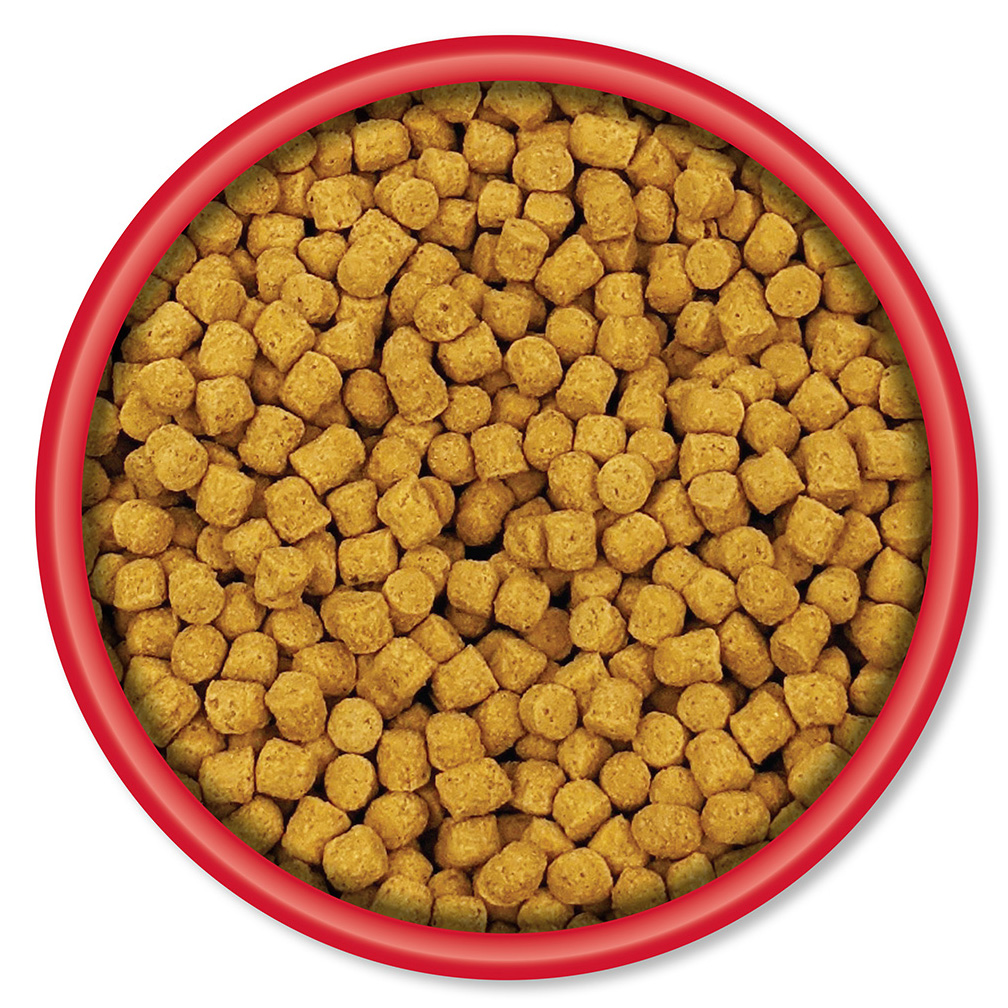
8 mm Rounds
80566 – 7.5 kg (16.5 lb)
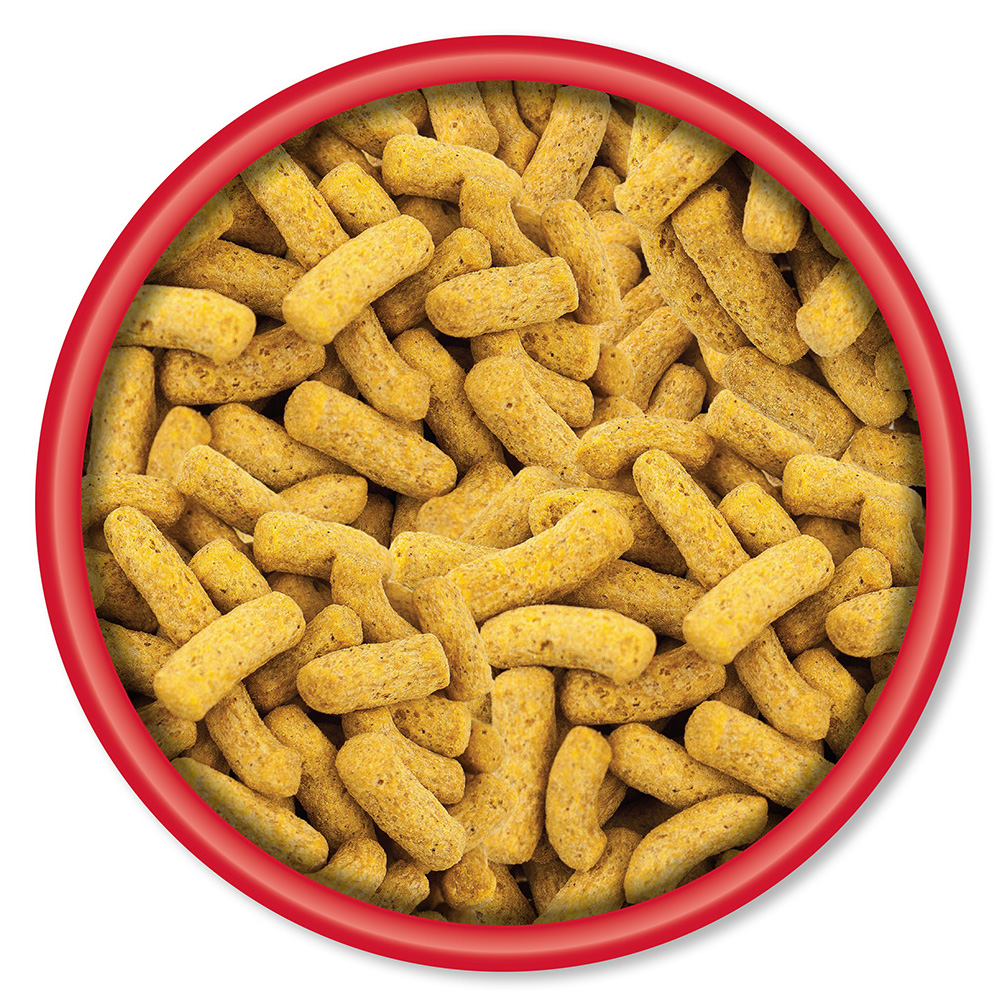
Sticks
80543 – 1.5 kg (3.3 lb)
80545 – 3.63 kg (8 lb)
80547 – 9.07 kg (20 lb)
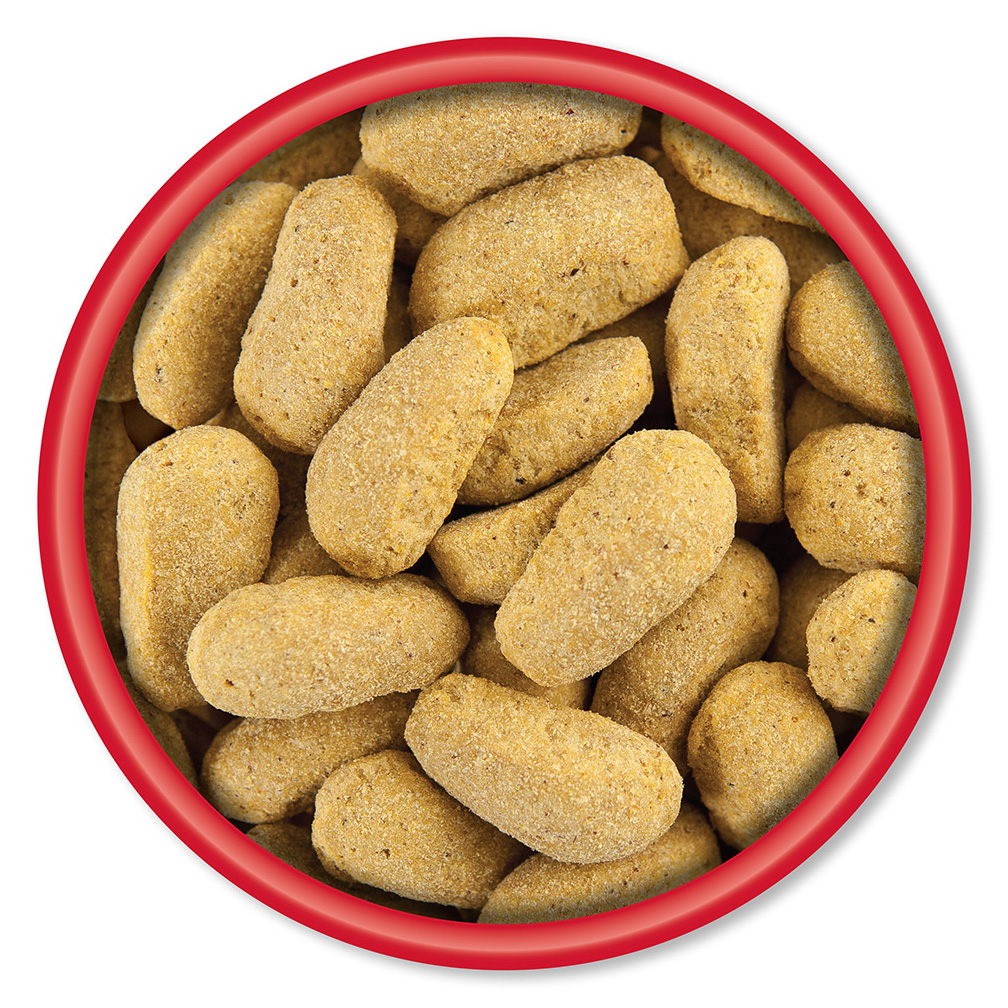
Biscuits
80551 – 680 g (1.5 lb)
80552 – 3.63 kg (8 lb)
80554 – 9.07 kg (20 lb)
For maximum freshness, once opened, store the sealed bag in a sealed container in a cool, dry place. Our safe and effective Co2 treatment and air barrier bags ensure insect control and freshness.
Manufactured in a facility that packages products containing known priority allergens.
Feeding Resources
Companion Parrot Weight Chart
Keeping track weekly of your bird’s weight
is vital to their overall health.
Extruded Diet Conversion Guide
Helpful tips and methods to transition your bird
to a balanced extruded diet.
Parrot Feeding Recommendations
Do you know the daily recommended
amount of food for your bird?
Want To Know More?
Proudly Canadian Made
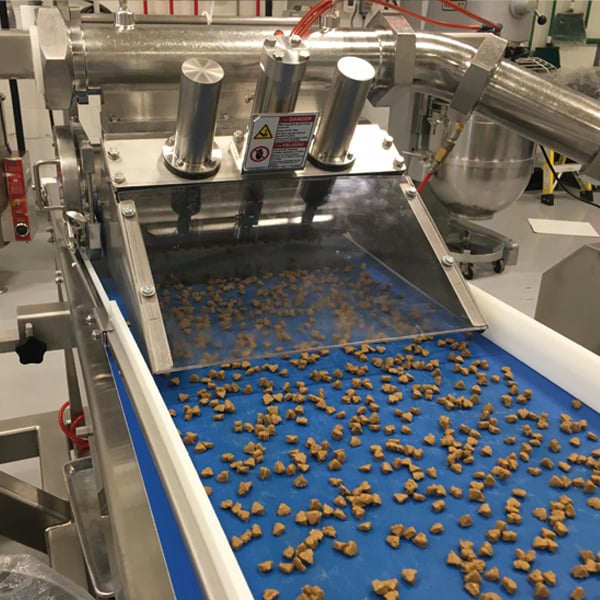
Our 3-Step Quality Control Process

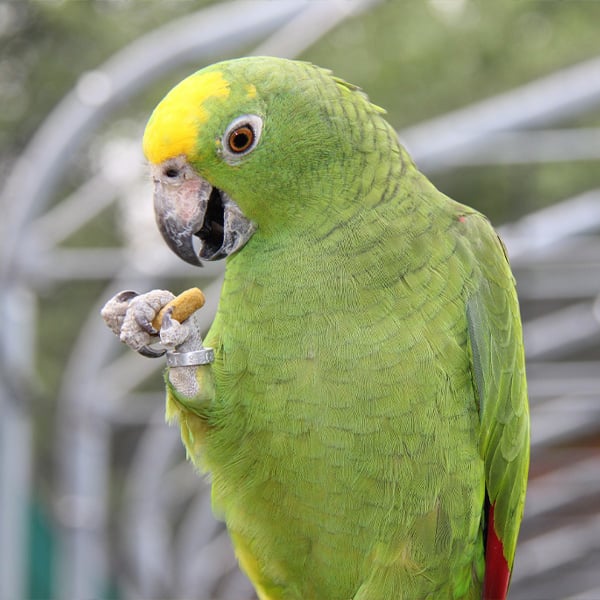
Learn More About Feeding & Nutrition
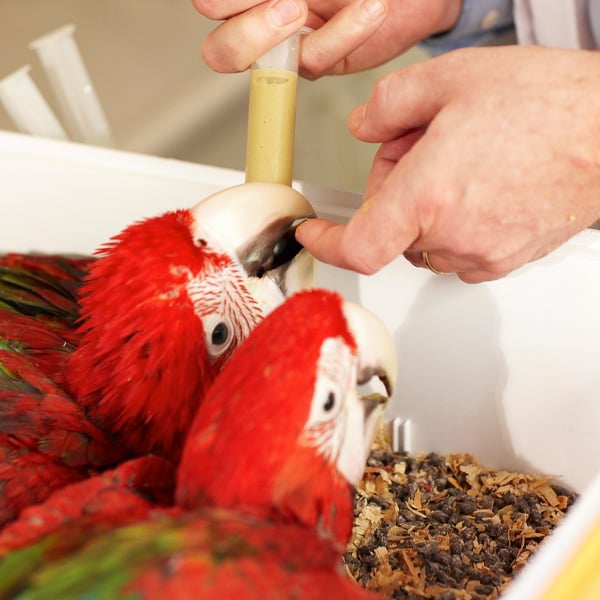
Avian Nutrition: Trends & Philosophies
Related Articles
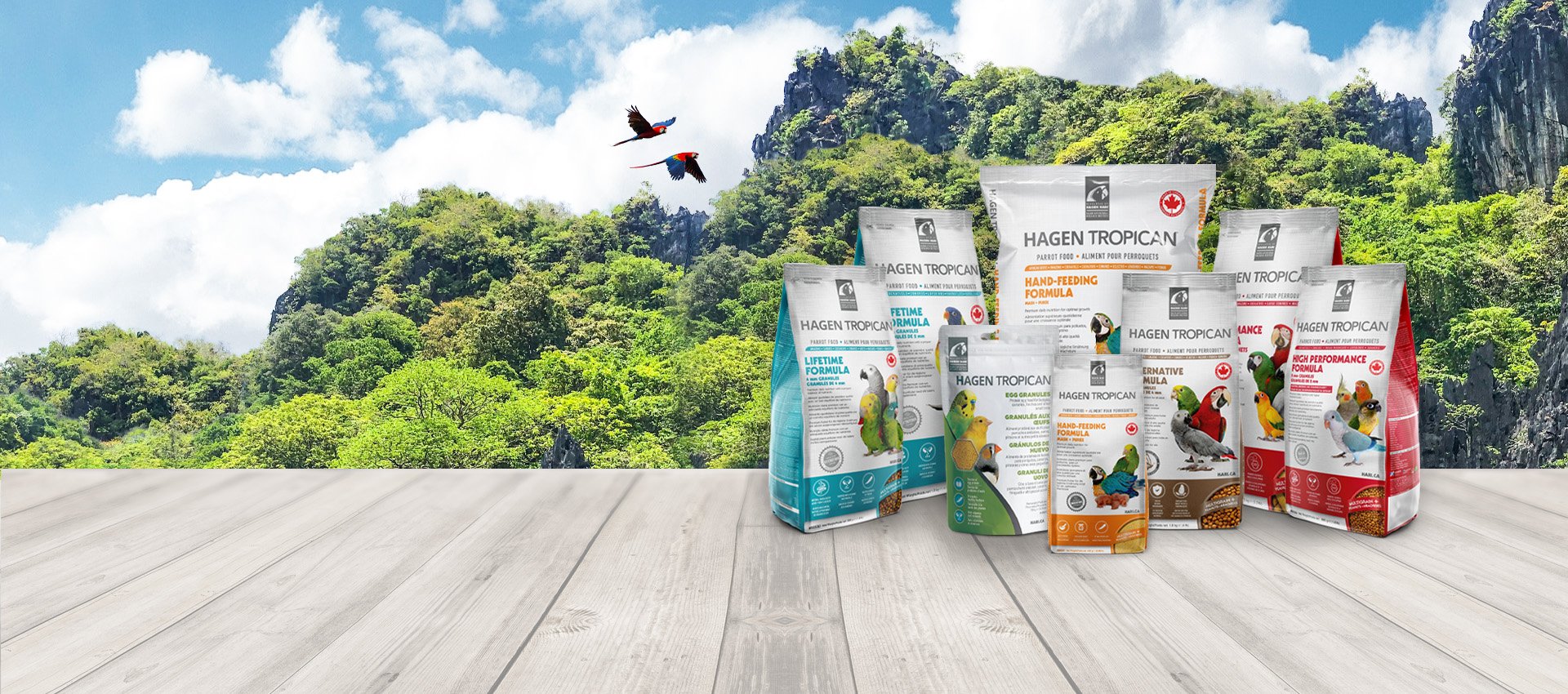
Choosing the perfect formula for your pet bird.
Companion parrots require a balanced diet that contains a nutritious blend of grains, seeds, nuts, vegetables, fruits, vitamins and minerals. Pet parents also need to consider the species, life stage and lifestyle of their pet bird.


